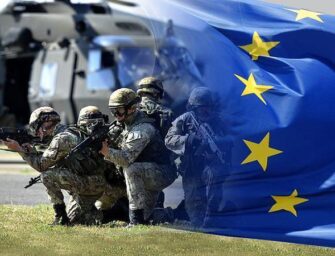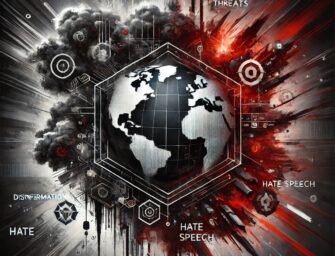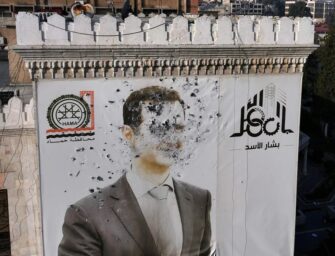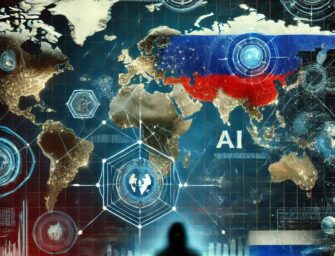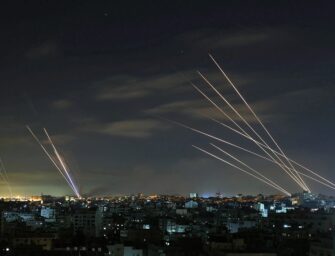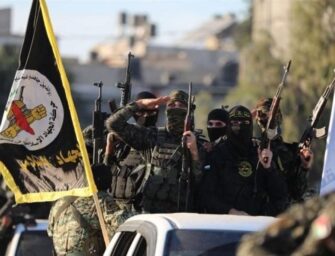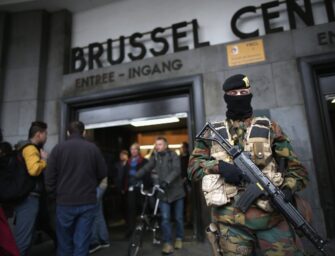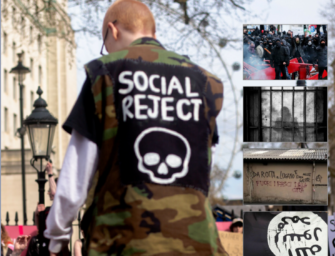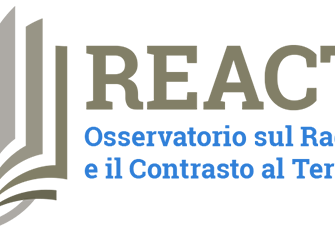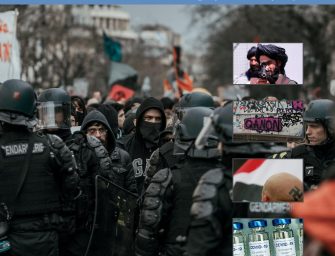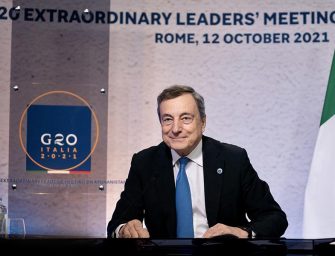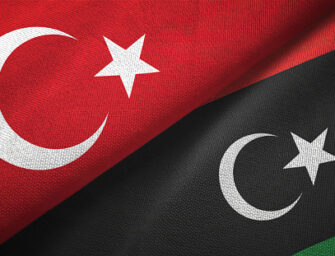Featured Cover Posts
In March 2025, President Donald Trump invoked the Alien Enemies Act to expedite the deportation of Venezuelan migrants suspected of gang affiliations, specifically targeting the Tren de Aragua gang. This marked an unprecedented peacetime application of the act, as the United States is not officially at war with Venezuela. While not able to stop the beginning of the deportations, a federal judge issued a fourteen-day restraining order, opening to legal debates about the scope and applicability of the act in contemporary contexts.
Latest Galleries
Latest Articles
In March 2025, President Donald Trump invoked the Alien Enemies Act to expedite the deportation of Venezuelan migrants suspected of gang affiliations, specifically targeting the Tren de Aragua gang. This marked an unprecedented peacetime application of the act, as the United States is not officially at war with Venezuela. While not able to stop the beginning of the deportations, a federal judge issued a fourteen-day restraining order, opening to legal debates about the scope and applicability of the act in contemporary contexts.
The European Union has long aspired to bolster its collective security and strategic autonomy. Over the past decade, initiatives such as the Permanent Structured Cooperation (PESCO), the European Defence Fund (EDF), and the Coordinated Annual Review on Defence (CARD) have been launched to strengthen European defense capabilities. However, these initiatives, while symbolically significant, have failed to provide Europe with a coherent and effective security framework. As geopolitical tensions rise, particularly with an increasingly aggressive Russia and ongoing instability in the Middle East and North Africa, it is time for Europe to acknowledge the fundamental flaws in its current defense approach and consider more radical solutions.
As geopolitical tensions mount and the possibility of a U.S. partial or complete withdrawal from NATO looms, Europe faces an urgent question: Can it defend itself without American support? The answer, while not impossible, comes with staggering costs and a long, uncertain road to military independence.
The recent arrest of Jack LaSota, known online as “Ziz,” has brought attention to the enigmatic and dangerous group called the Zizians. Once an obscure internet subculture, it has now been thrust into the public eye as authorities uncover disturbing details about the group’s ideology and its links to violent crimes. Under LaSota’s leadership, the Zizians have evolved from a niche philosophical movement into an organized and radicalized network, willing to engage in extreme actions to further its beliefs.
Italy, as a key European power, has traditionally maintained a limited presence in the Indo-Pacific. However, given the increasing global significance of the region and the close ties currently defining its relationship with Washington, Rome should reassess its strategic engagement. However, while France and the UK have already enhanced their naval and economic involvement in the Indo-Pacific, Italy has yet to fully articulate its role. Italy’s economic interests align with a stable and rules-based Indo-Pacific. The region is a critical market for Italian exports, including defense technology, maritime equipment, and infrastructure development.
The Israel-Hamas war has provided Israeli forces with the opportunity to conceptualize and implement an unprecedented standard of urban warfare. In March 2024, the IDF conducted a targeted operation at al-Shifa Hospital in Gaza—repurposed by Hamas as a logistical and operational base—while adopting extraordinary measures to protect civilians during the approach, entry, and management of the facility. This approach integrated not only military personnel but also Israeli medical teams and paramedics tasked with assisting Palestinian patients, along with logistical units ensuring the supply of food, water, and medical resources.
The spread of false, misleading, or manipulated information is one of the most complex and dangerous challenges of the digital age, with significant repercussions on social, political, and cultural balance. The phenomena known as misinformation, disinformation, malinformation, and hate speech—collectively summarized under the acronym MDHM—represent distinct yet closely interconnected manifestations of this issue. A thorough understanding of their specificities is essential for developing effective strategies to contain and counter the threats these phenomena pose to social cohesion and institutional stability.
The rise to power of the Islamists led by al-Jolani, previously affiliated with al-Qaeda, sets the country on the path to becoming an “Islamic State” destined to reshape regional dynamics. Once again, the jihadist factor emerges as a destabilizing element with potentially global repercussions.
This article explores the Russian strategy of digital diplomacy, cyber warfare, and the use of artificial intelligence (AI) as fundamental tools in global competition. Initially welcomed, Russian soft diplomacy has experienced fluctuations due to information campaigns that have damaged the country’s international image. In recent years, Russia has developed a “digital diplomacy” to influence international public opinion, leveraging tools like social media to spread polarizing messages and alternative news. At the same time, the country has enhanced its cyber warfare capabilities, considering it an essential component of information operations and a means to achieve an asymmetric military balance against the West. The use of AI amplifies these operations, enabling large-scale disinformation and strengthening espionage techniques and cyber-attacks, with the goal of destabilizing adversaries and consolidating Russian influence on a global scale.
The tactical level is worrisome, but it is not the priority of terrorism. The real success is at operational level: it is the “functional blockade”
Even when it fails, terrorism gains, in terms of the costs inflicted upon its target: it is successful as it can still impose economic and social costs on the community and influence the latter’s behaviour over time as a consequence of new security measures aimed at safeguarding the community: this effect is what we call the “functional blockade”, able to reach the average of 82% of the cases. The cost-benefit ratio is, no doubt, in favour of terrorism.
Claudio Bertolotti comments on the results of the G20 on Afghanistan: Xinhua

























































